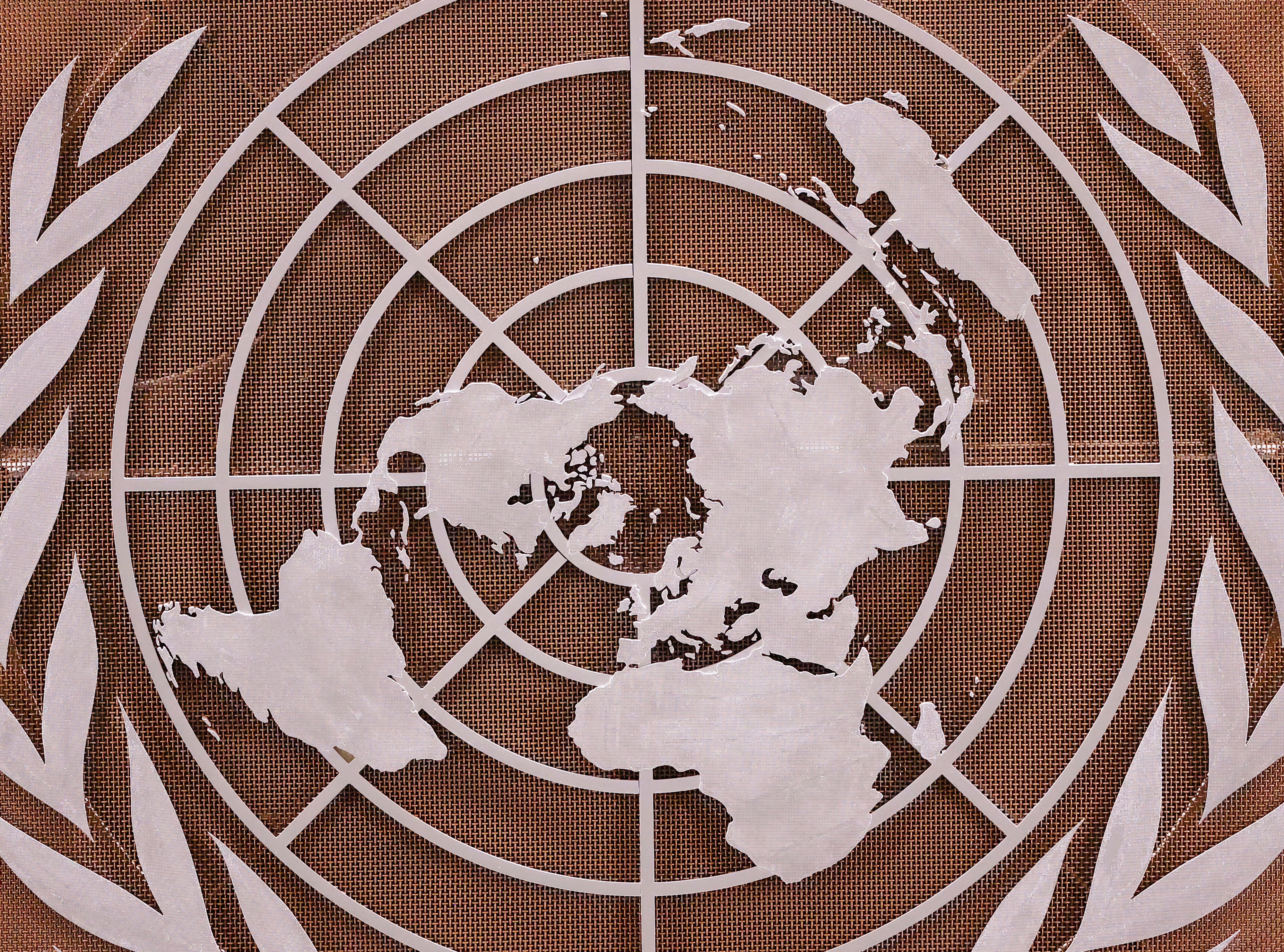It's almost certain Afghanistan's Taliban won't speak at UN
It’s almost certain that Afghanistan’s Taliban rulers won’t get to speak at this year’s U.N. General Assembly meeting of world leaders

Your support helps us to tell the story
From reproductive rights to climate change to Big Tech, The Independent is on the ground when the story is developing. Whether it's investigating the financials of Elon Musk's pro-Trump PAC or producing our latest documentary, 'The A Word', which shines a light on the American women fighting for reproductive rights, we know how important it is to parse out the facts from the messaging.
At such a critical moment in US history, we need reporters on the ground. Your donation allows us to keep sending journalists to speak to both sides of the story.
The Independent is trusted by Americans across the entire political spectrum. And unlike many other quality news outlets, we choose not to lock Americans out of our reporting and analysis with paywalls. We believe quality journalism should be available to everyone, paid for by those who can afford it.
Your support makes all the difference.It’s almost certain that Afghanistan’s Taliban rulers won't get to speak at this year's U.N. General Assembly meeting of world leaders.
The Taliban challenged the credentials of the ambassador from Afghanistan’s former government, which they ousted on Aug. 15, and asked to represent the country at the assembly’s high-level General Debate. It began Tuesday and ends Monday, with Afghanistan’s representative as the final speaker.
U.N. spokesman Stephane Dujarric said that as of Friday, Afghanistan’s currently recognized U.N. ambassador, Ghulam Isaczai, who represents former president Ashraf Ghani’s now ousted government, is listed as speaking for the country.
The key reason is that the General Assembly committee which decides on credentials challenges has not met, and is highly unlikely to meet over the weekend.
Assembly spokeswoman Monica Grayley said Wednesday the nine-member committee generally meets in November and will issue a ruling “in due course.”
The Taliban, who overran most of Afghanistan last month as U.S. and NATO forces were in the final stages of their chaotic withdrawal from the country after 20 years, argue that they are now in charge and have the right to appoint ambassadors.
In a letter to U.N. Secretary-General Antonio Guterres the Taliban’s newly appointed foreign minister, Ameer Khan Muttaqi, said Ghani was “ousted” as of Aug. 15 and that countries across the world “no longer recognize him as president.”
Therefore, Muttaqi said, Isaczai no longer represents Afghanistan and the Taliban was nominating a new U.N. permanent representative, Mohammad Suhail Shaheen. He was a spokesman for the Taliban during peace negotiations in Qatar.
“We have all the requirements needed for recognition of a government,” Shaheen told The Associated Press on Wednesday. “So we hope the U.N., as a neutral world body, recognize the current government of Afghanistan.”
When the Taliban last ruled from 1996 to 2001, the U.N. refused to recognize their government and instead gave Afghanistan’s seat to the previous, warlord-dominated government of President Burhanuddin Rabbani, who was killed by a suicide bomber in 2011. It was Rabbani’s government that brought Osama bin Laden, the mastermind of 9/11, to Afghanistan from Sudan in 1996.
The Taliban have said they want international recognition and financial help to rebuild the war-battered country. But the makeup of the new Taliban government poses a dilemma for the United Nations Several of the interim ministers -- including Muttaqi -- are on the U.N.’s so-called blacklist of international terrorists and funders of terrorism.
Credentials committee members could also use Taliban recognition as leverage to press for a more inclusive government that guarantees human rights, especially for girls who were barred from going to school during their previous rule, and women who weren’t able to work.
The committee’s members are the United States, Russia, China, Bahama, Bhutan, Chile, Namibia, Sierra Leone and Sweden.
A U.S. State Department official said earlier this week that the committee, “would take some time to deliberate.”
So it appears the Taliban are going to have to wait, and Isaczai will speak about a country where the government he represented fled without its army putting up a fight.